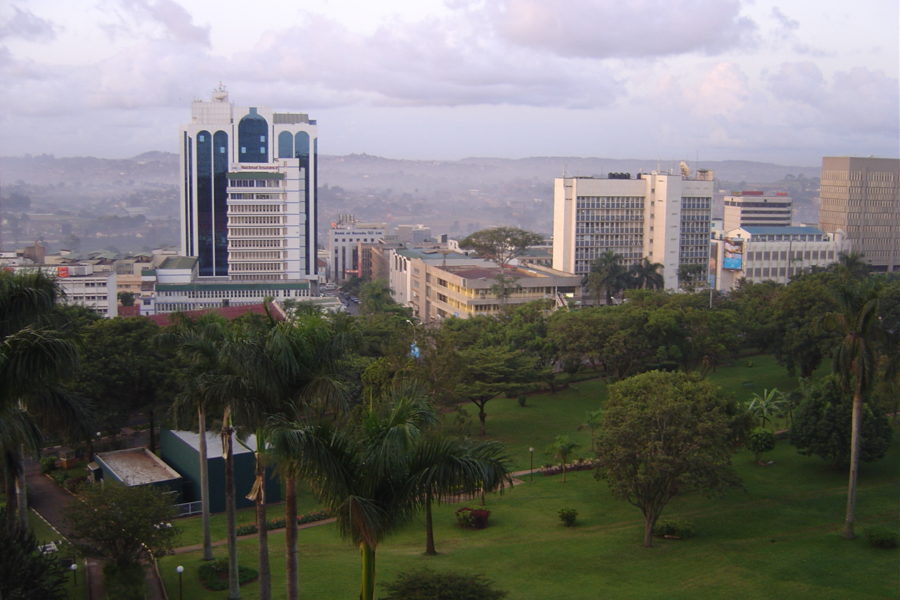The circular economy potential of urban organic waste streams in low- and middle-income countries
There is growing recognition of the potential environmental and socio-economic benefits of applying a circular approach to urban organic waste management. But the challenges of implementing a circular economy approach to waste management in low- and middle-income countries are poorly understood.
Studies assessing circular economy potential have mostly focused on high-income countries, yet cities in low-and middle-income countries have different challenges when developing a circular economy. Over 700 million people in urban areas in low- and middle-income countries still lack access to improved sanitation facilities. In addition, they rely on unsanitary solid waste management systems. Overall, this results in large quantities of urban waste that are discharged into the open environment, with negative implications for human and ecosystem health.
This paper examines the resource recovery potential of organic waste streams in the context of low-and middle income countries by using the case study of Kampala, Uganda. A simplified material flow analysis approach is used to track the transformation of the city’s waste streams. The results demonstrate how complex information describing urban waste can be used to help improve decision-making and planning by stakeholders. These findings could act as an incentive for more sustainable urban sanitation and waste management systems to be created in low-and middle-income countries.
Ddiba, D., Andersson, K., Rosemarin, A., Schulte-Herbrüggen, H., & Dickin, S. (2021). The circular economy potential of urban organic waste streams in low-and middle-income countries. Environment, Development and Sustainability, 1-29.

